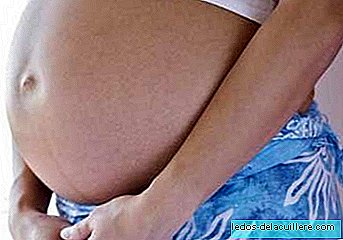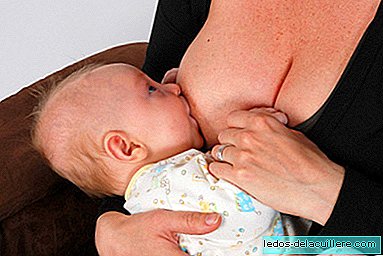
Involuntary urine losses are quite frequent in pregnancy, especially after the fifth or sixth month due to the increase in gut size. They are absolutely normal and usually disappear after delivery. However, it is advisable to prevent them because their effects could last even after delivery.
A study conducted with more than 1,100 new mothers states that Women who suffer from incontension during pregnancy are more likely to suffer after pregnancy..
Of the total, 39 percent of pregnant women had suffered urinary incontinence and 10 percent fecal incontinence at some time during pregnancy. These women were three and six times more likely respectively to have symptoms at seven weeks after delivery than those who had not suffered incontinence during pregnancy.
Increasing excess weight in pregnancy is a risk factor, as is vaginal delivery rather than caesarean section, naturally because the pelvic floor muscles are distended. The pelvic floor is formed by a group of little-known hammock-shaped muscles that support the bladder, uterus and rectum. When the baby is born through the vagina, these muscles are affected, which does not happen in cesarean delivery.
The good news is that there are ways to prevent incontinence to avoid that increased risk of suffering it also in the future.
Controlling weight gain in pregnancy is one of them, as well as performing preparatory exercises to strengthen the pelvic floor. They are muscles, which when exercised become more resistant and flexible, increasing control of the area and reducing the chances of suffering from incontinence.
On the other hand, pelvic floor exercises, such as Kegel exercises, precisely because of the flexibility they provide to the muscles in the area, contribute to minimizing the risk of labor episitomy. An incision in the perineum, which on the other hand also increases the chances of suffering from incontinence after delivery.
Of course, opting for caesarean section is not a viable strategy to reduce the risk of incontinence, but avoiding episiotomy and the use of instruments such as forceps in childbirth.
The remedy to avoid incontinence is to perform exercises to strengthen the pelvic floor both during pregnancy and after childbirth, but it is not recommended to do so immediately after childbirth as it can aggravate the problem.












